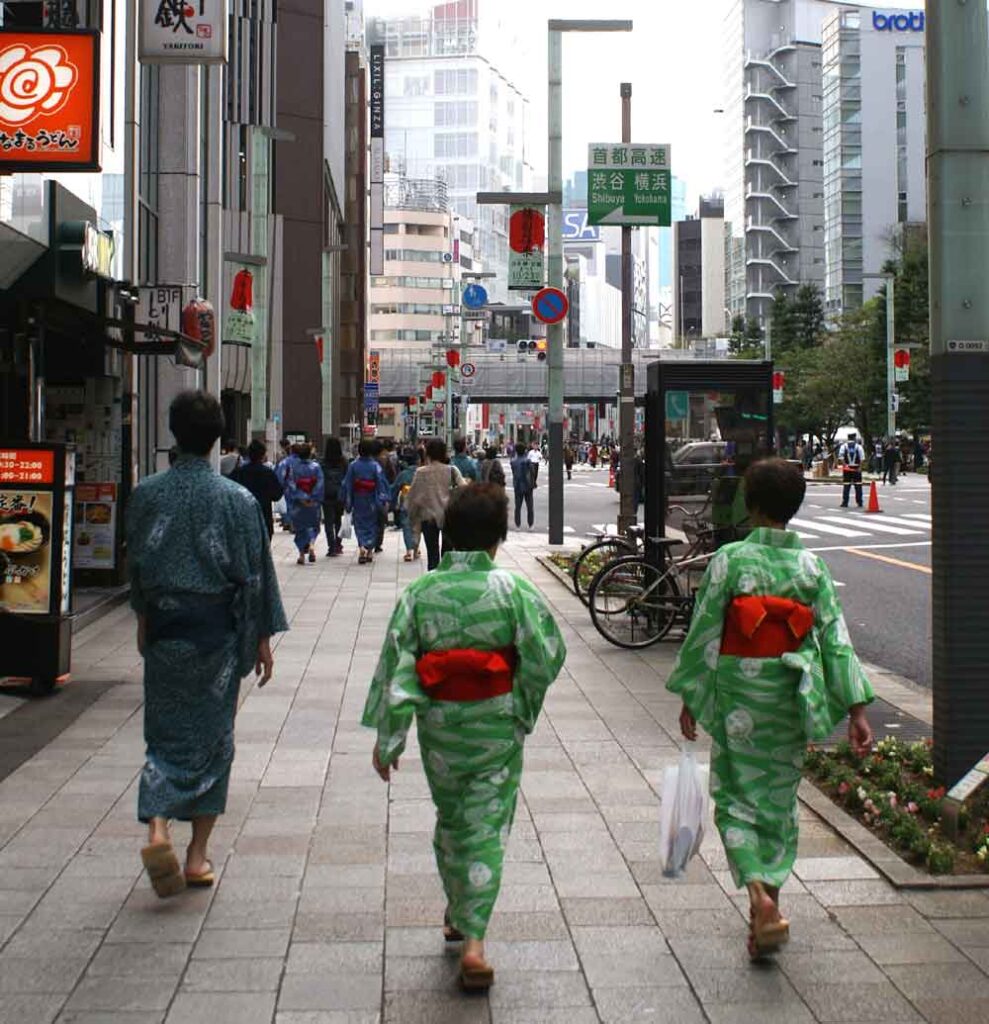The phenomenon of hikikomori is a Japanese term that literally translates to “social withdrawal.” This phenomenon has attracted international attention due to its complexity and implications for modern society. Explore with us this often misunderstood reality, which mainly affects young people in Japan.
The Hikikomori: Definition
Hikikomori refers to a behavior where individuals, the vast majority of whom are young, choose to withdraw socially for a prolonged period. They often confine themselves to their homes for months or even years. Factors such as social pressure, high expectations, academic failure, unemployment, or mental health problems generally motivate this withdrawal.
The Root Causes
Hikikomori is often associated with intense societal pressures, including educational expectations and professionals. Young people may feel overwhelming pressure to succeed in a competitive system, which can lead to extreme stress. The phenomenon is also linked to mental health problems. For example: depression, social anxiety, even undiagnosed autistic disorders.
The Role of Family and Society
Social pressure and family expectations play a crucial role in this phenomenon. Japanese society places a high value on academic and professional success. Consequently, this can exacerbate feelings of shame and failure in those who do not fit these standards. Families can sometimes respond by providing financial and emotional support. But it can also help maintain the hikikomori lifestyle.
The Impact on Japanese Society
Hikikomori can have significant repercussions on Japanese society. Young recluses may have difficulty reintegrating into society. This therefore leads to high unemployment rates and an impact on demographic dynamics. Additionally, it raises questions about mental well-being and the effectiveness of social support systems.
Treatment and Support Approaches
Understanding hikikomori has led to the establishment of various treatment and support approaches. This includes counseling services, tailored educational programs and support groups. And even government initiatives aimed at facilitating social reintegration. However, treatment can be complex due to the diversity of underlying causes of the phenomenon.
The Hikikomori: Towards Global Awareness
Although hikikomori is often associated with Japanese society, similar cases have been reported in other parts of the world. This raises broader questions about how contemporary societies deal with social pressure, stress and mental health problems among young people.
In conclusion, the phenomenon of hikikomori remains a complex and multifactorial challenge. Understanding its causes, its implications and exploring adapted support approaches are essential to address this socially significant reality and facilitate the path to reintegration for those affected.



